Crops grow, mature, and are harvested. The grains are processed to animal feed and fed to the animals on the farm. The feed is used by the animals to grow and to produce food for us. During this process of growth and production, excreta (litter) is produced that must be managed on farm. The litter is most likely used as fertiliser for crops, as they need a certain amount of nitrogen for growth, but there can be a risk when there are excessive amounts of nitrogen in the litter. The nitrogen excess in the litter can lead to air, soil, and water pollution when this is being used to fertilise crops. The nitrogen in the litter originates from the protein intake of the animals as well as endogenous losses during production. It is our responsibility as nutritionists to limit these losses, as these represent money wasted, but we must also limit the negative environmental impacts.
Protein digestion starts in the stomach, where the acid environment favours denaturation. Pepsin secreted by the animal’s gut cleaves polypeptides into oligopeptides, which are subsequently broken down into tri- and dipeptides by the pancreatic proteases that are active in the gizzard, duodenum, and small intestine. These small peptides can then be absorbed. However, the action of endogenous proteases is affected by several factors such as retention time, as well as the presence of inhibitors or anti-nutrients that can hinder the breakdown of protein into more digestible amino acids. The inclusion of a synthetic protease enzyme helps us overcomes the limitations of the animal’s endogenous proteases shortfalls. The protease in Axtra® XAP 101 TPT complements the action of endogenous proteases and is unaffected by the presence of inhibitors. This highly effective mode of action is proven to enhance and improve protein digestion and absorption for optimal animal performance. The dietary protein challenges that we face in modern monogastric farms include animal performance, gut health, formulation flexibility, and sustainability. Did you know that the protease in XAP can help address these challenges and contribute to sustainable monogastric animal production?
Bird performance
Protein is one of the most important, and expensive, nutrients in a monogastric animal’s diet. Animals need protein and, more specifically, essential amino acids for many processes in the body. If protein digestibility is affected, it can impact the birds’ performance. The protease in Axtra XAP boosts feed conversion and body weight gain by facilitating higher levels of protein digestibility and increasing the availability of amino acids and other nutrients for absorption. Improved amino acid digestibility enhances nutrient utilisation, which results in improved performance. Undigested protein is also energy-expensive to the animal, resulting in a reduced animal performance.
Gut health
It all starts with a good understanding of gut health and function. We know that commensal microbiota form a protective barrier along the gut lining. There are favourable and unfavourable bacteria in the gut. The primary function of the bacteria is fermentation of undigested nutrients originating in the stomach and small intestine. These bacteria must consume nutrients to survive and to multiply. High levels of undigested proteins favour the non-beneficial bacteria, enabling them to colonise and increase in numbers. In this instance, digestion will be negatively impacted, birds will be become more susceptible to diseases, and bird performance and welfare will decrease. The protease in Axtra XAP improves the digestibility of protein and essential amino acids. This supports gut health by reducing levels of undigested protein reaching the hindgut and decreasing the amount of substrate for non-beneficial bacteria to thrive on, creating a favourable antibiotic state where energy is directed to boosting animal performance, rather than fighting challenges.
Formulation flexibility
The variability in the protein content and quality of different raw materials is high, which can negatively affect the digestibility of the diet. Maize protein content not very variable, but protein solubility is highly variable. A high solubility value means that the protein is more soluble and accessible to endogenous enzymes. The industry uses a combination of raw materials and synthetic amino acids to meet animal requirements. To optimise formulations, it is important to have tools (enzymes) to deal with the variability in raw materials.
Sustainability
The demand for high-quality protein is increasing due to the production demands we are placing on animals. The cost of these high-quality proteins is the burden. Enzyme solutions provide better protein digestibility and allow the use of more economical protein sources. At the same time, animal production systems and their effect on the environment are in the spotlight. Protease can support sustainability from a nutritional perspective. Starting with improved protein digestibility as a direct effect, we will also see multiple indirect effects, including improvement in nitrogen retention, increased feed efficiency, reduced undigested protein, and ultimately less feed needed without compromising performance. Reducing the fraction of undigested protein also has an impact on litter quality. When the litter contains high levels of undigested nutrients, we see high nitrogen and moisture levels in excreta, which cause ammonia emissions and bacterial growth that result in burns through the skin of the legs and breast of the animals. Consequent foot pad lesions, hock burns, and breast burns are also seen, together with reduced meat quality. The protease in Axtra XAP reduces the undigested protein fraction, which has a positive impact on nitrogen and moisture levels in the excreta. These lower levels lead to a reduction in ammonia emissions and bacterial growth, resulting in fewer burns and improved bird welfare. Improved litter quality due to lower levels of nitrogen and bacteria also has a positive impact on the environment, contributing to sustainable monogastric animal production.
By enabling efficient protein management, the protease in Axtra XAP contributes to more sustainable animal production in several important ways. Improved protein digestibility and feed use leads to increased feed efficiency, resulting in more animal products reaching the market. Reducing the undigested protein fraction leads to lower non-beneficial bacterial growth, improved litter quality, fewer cases of footpad lesions, and improved animal welfare. Increased feed efficiency contributes to improving sustainable monogastric animal production, and optimised dietary protein management reduces the reliance on costly and resource-heavy protein sources. Why not include Axtra XAP in the feed of your monogastric animal if it has a definitive effect on sustainability?
Chemuniqué empowers feed and food producers with the most innovative animal performance solutions, enabling our clients to consistently advance the efficiency of production.

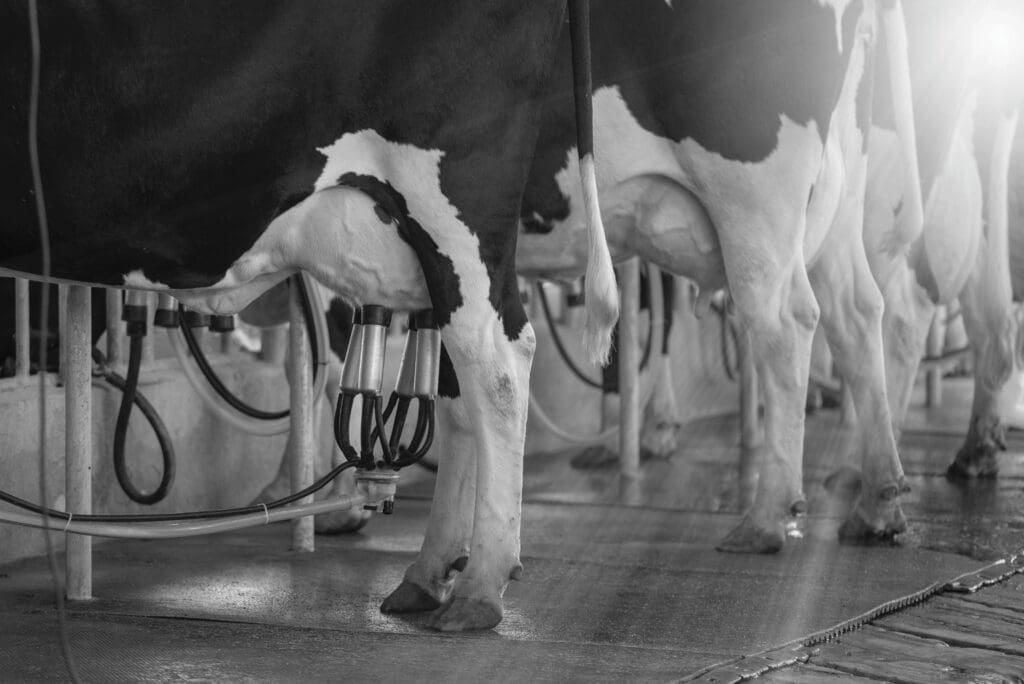


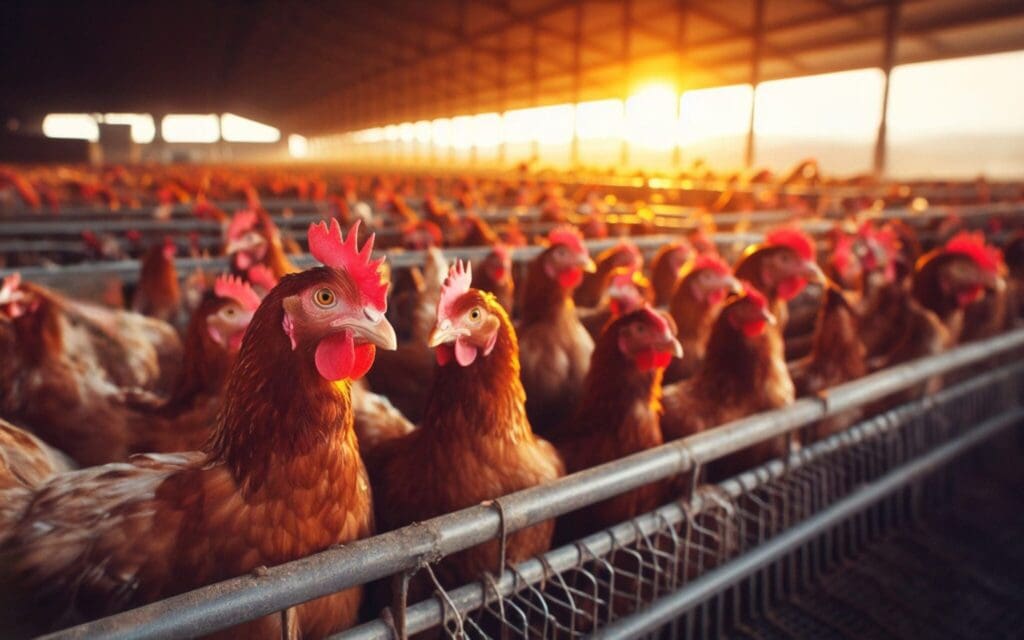
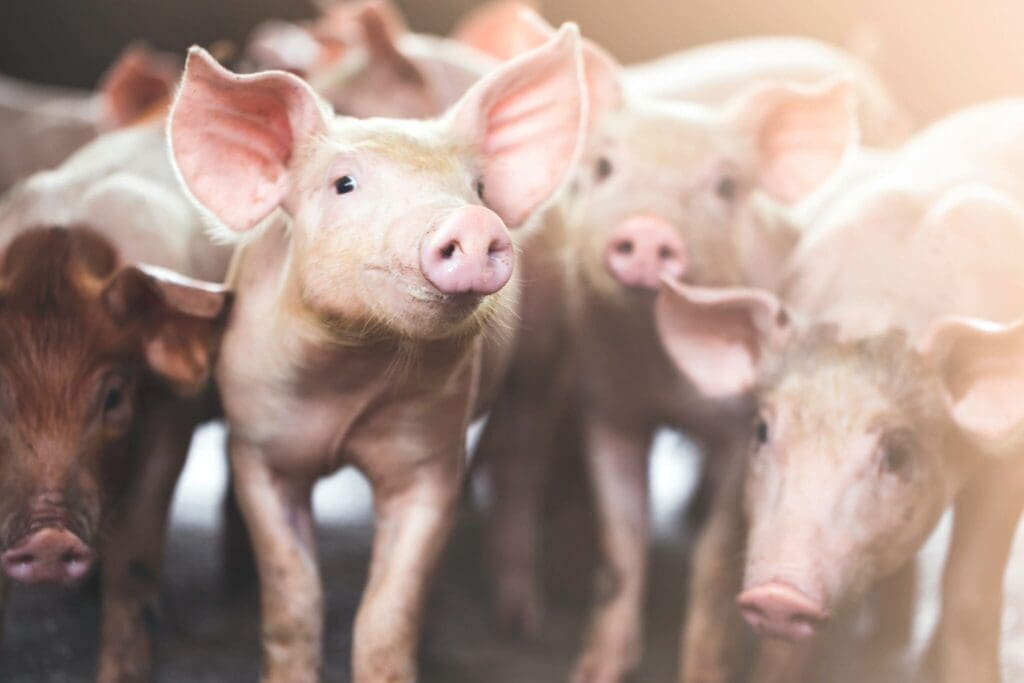
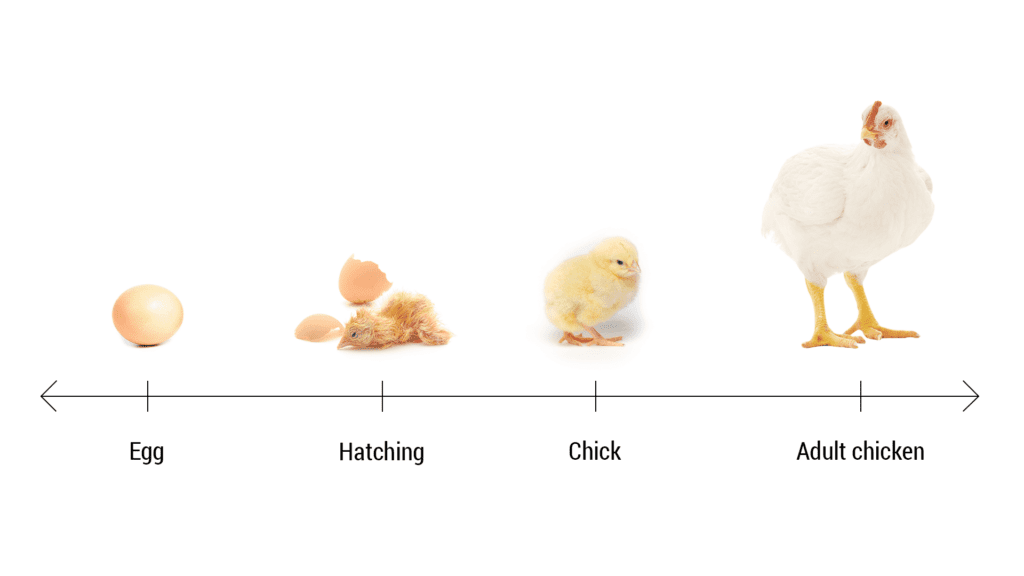


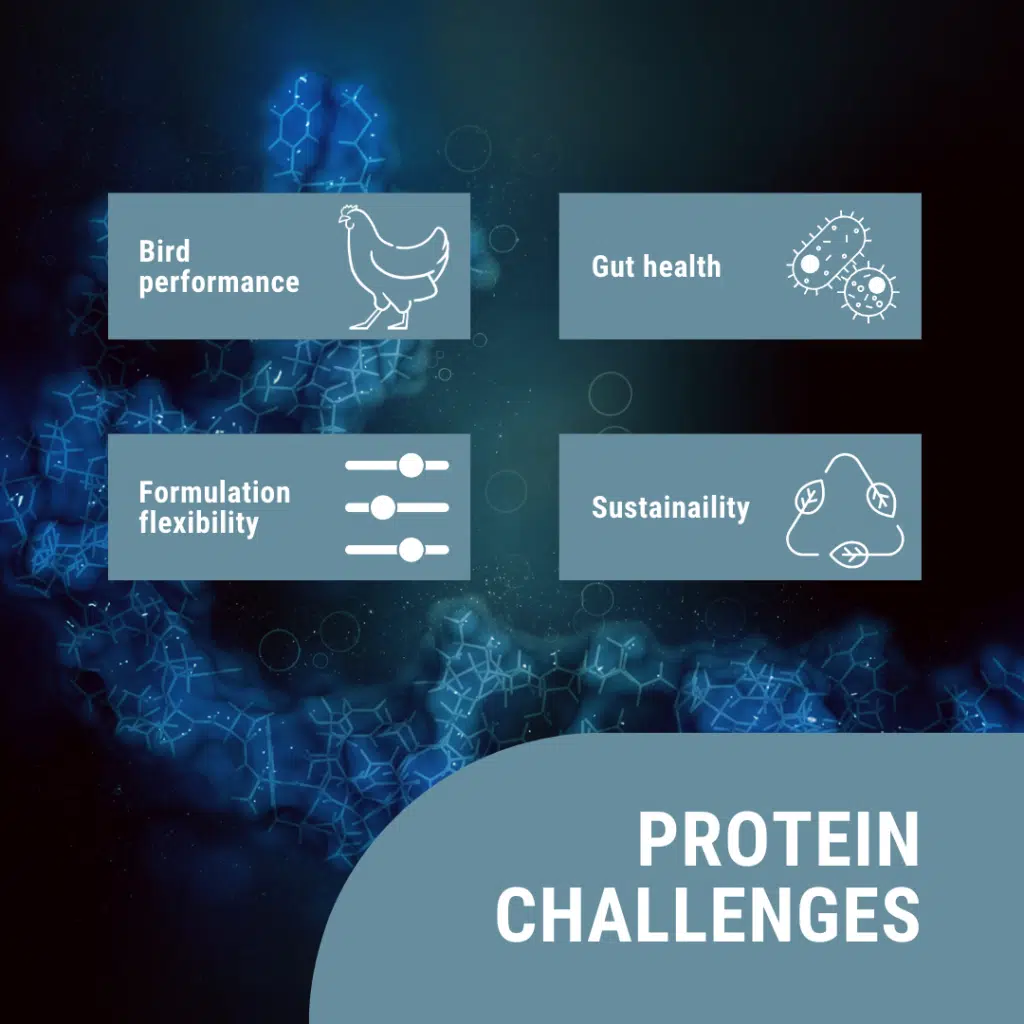
Good